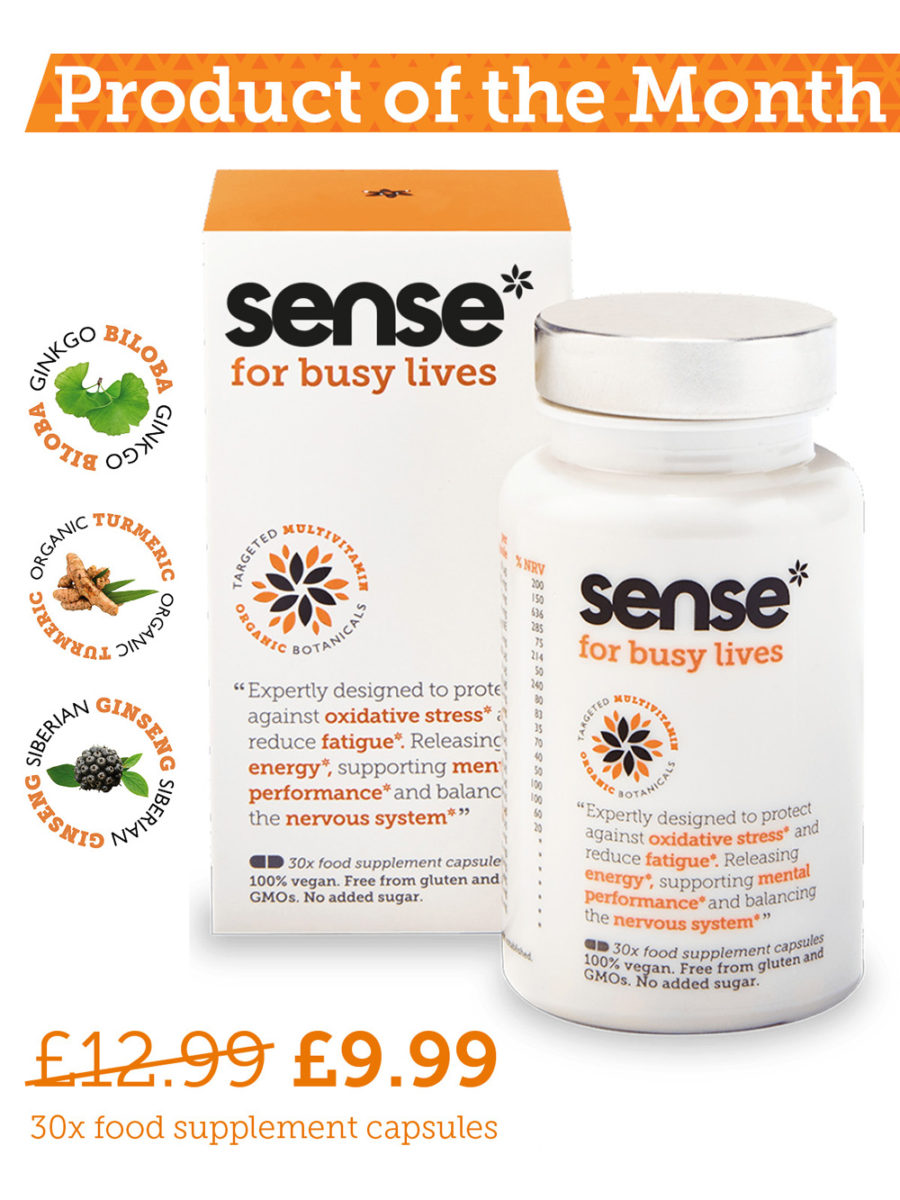
By Joan Ebsworth, guest writer for sense*, biologist and mother of sense* Founder, Jonathan on How to Improve Brain Health, mental health and learning.
Improving Brain Health – What a topic!
When I was asked to comment on it I was taken aback a bit, thinking –“what do I have to offer”?
When I started to think about it then I really did have many personal experiences that I could share plus knowledge that I had gained over the last 40 years.
Up until 40 years ago I just accepted my brain as being there inside my skull.
The basic nervous system
Being a biologist I knew that we had a central nervous system (the brain and spinal cord) (CNS) plus a peripheral nervous system –all of those nerves that link out and into that CNS to the rest of the body.
The words neurons, synapses, axons, glial cells and dendrites were all familiar to me. I could draw a neuron and knew that there were different types.
An electrical wiring system
I had seen brains sitting inside skulls or inside bottles – so I knew roughly what my brain looked like. My knowledge was pretty basic but I knew that it was our body’s essential electrical wiring system.
And therefore very important for a good quality of life – enabling us to move, think and feel plus so much more when we delve into emotions and the like.
Maybe I knew a bit more than some.
What can go wrong
Then there are the myriad of things that can go wrong when this system isn’t working properly. Chronic conditions that are so debilitating such as Parkinson’s, Alzheimer’s, Dementias, autism and all sorts of learning disabilities like dyslexia.
The list is a very long one and causes huge problems for the individual, their families and society.
Learning and the Brain
When you are a teacher then you would imagine that you would be taught the basics of brain functioning as it relates to learning.
But when I trained to be a teacher there wasn’t one mention of the brain. Can you believe that? Not a single mention!
That may have changed by now and I hope that it has.
How to enhance learning
As a deputy head teacher in a comprehensive school one of my roles was that of Professional Tutor. This meant that I organised appraisal systems, created educational programmes for the staff etc.
We were awarded the Investors in People award which was generally dished out to commercial companies and very few schools in the UK involved themselves.
I was appraised by my boss, the head teacher.
40 years ago I left her office reeling slightly as my objective for the coming year was to enhance learning across the whole school. From the top down to the staff who cleaned the school each day.
The Learning Revolution
Obviously examination results might improve but I had no concept of what else might happen . I truly did not know where to start.
Then that Sunday in the Sunday Times magazine there was a full page advertisement for a book called The Learning Revolution by Gordon Dryden and Dr Jeanette Vos. It had a money back guarantee and so I bought a copy. The revised version is still available on Amazon here.
That book revolutionised me. Eventually every member of staff had a copy.
What did we know about the brain and how to improve it?
We had become a Grant Maintained School so I had freedom and I had funds. I decided that we all needed to know more about the brain.
I called the education departments of five top universities and not one could help me. So I had to turn to the medical profession and I persuaded a neurologist to come to the school to talk to us and so the journey started.
Teaching became fun
Well – there were many positive outcomes over the next 15 years of my teaching career and one was that it turned me into a life long learner. And I also enjoyed those years of teaching more than any that had gone before.
I made this vow to myself – and so far I have been able to keep to it.
Important facts about the brain
Brain health is a huge topic and it is impossible to go into it in huge depth in one article. But here are some starters about the brain:
- There is a blood/brain barrier which allows certain things to pass back and fore. But it prevents entry to the brain of those things that are regarded as toxic or pathogenic. Sadly, as in the gut, this barrier can break down and toxic substances can leak into the brain often with devastating results.
- The brain uses up masses of oxygen. It consumes 20% of total body oxygen.
- Energy is created from glucose usually but there is recent research showing that ketones from fats are a better fuel for the body. Cleaner and having fewer free radicals.
- Brain cells can regenerate which is called neurogenesis. So even if we damage the brain by, say a bang on the head. The brain cells killed can come back.
- The brain can re-wire and form new neural networks – which is amazing – this is called neuroplasticity.
- The link between the gut and the brain is now being researched more and more – revealing not only a leaky gut but a leaky brain as well. Where toxins are passing through the brain-blood barrier.
- The microbiome is another huge area of current research. The brain has its own microbiome – as does every other body organ. It isn’t only the gut that has one.
So what does all of this mean on a daily basis?
How can we keep our brain and all of the other systems that it is linked to, healthy and functioning well on a daily basis?
Not surprisingly it is the usual list of suspects!
Sleep patterns
Our brains are very active while we sleep. One of the most important jobs being cleaning up debris that has collected there during the day (called “autophagy”) . Sleep has a housekeeping role. Sleep deprivation can leave you and your brain exhausted or even damaged. Long term sleep deprivation can cause mental health issues and eventually dementia.
Diet
Providing the right foods for a healthy microbiome is just one issue here. Gut dysbiosis (where microbes are out of balance) can affect every organ in the body including the brain. From mood swings to learning difficulties are thought to start with gut dysbiosis.
Research is being done on the link between autism and the malfunctioning of the gut microbiome.
Having an anti-inflammatory diet with lots of greens (for many benefits including lots of minerals such as zinc, magnesium and manganese which most of us are deprived of and which is important for brain health)
Exercise
For maximum oxygen input and to prevent brain cell degeneration. Deep breathing exercises can also help get more oxygen in there. And is recommended for those who are unable to do much exercise. Inside a high energy organ, brain cells have masses of mitochondria. And we really do need to keep their levels high.
And what adversely affects how the brain works:
Blood sugar imbalances
There are studies calling insulin resistance in the brain the cause of many dementias. If there isno glucose and thus no energy then brain cells die. They are calling it Type 3 diabetes.
Environmental toxin avoidance
As these have a huge effect on damaging the brain –from mood swings to seizures and more.
Stress and anxiety (plus poor sleep)
Can create chronic inflammation in the brain. The outcomes can be mood swings, fatigue, reduced immune function and high blood pressure
Lifestyle choices
Some have very positive impacts while others have very negative impacts e.g. drinking alcohol. We all know that alcohol has a profound effect on the brain in the short term.
Impairing judgement which is why you don’t drink and drive. Just one glass of alcohol can change the way in which we behave. As a depressant and a toxin, it doesn’t take much to kill you.
Smoking tobacco can increase cognitive decline too (due to the toxins again).
There are though some things specifically that the brain really responds to positively:
- Intellectual stimulation
- social contact
- learning new things (such as a new language or musical instrument)
- dancing whether structured or not (or just movement)
- Neurobic exercises or mind games, like sudoku.
- Mindfulness itself and such things as saying gratitudes/what you are thankful for, yoga or breathing exercises
- Changing habits – anything from sitting at a different place round the family table to walking a different way to work
- Intermittent fasting so you don’t eat too late allowing autophagy of the brain to take place whilst you sleep
These all improve your brain. Sadly the lock downs that we are experiencing are doing the opposite for many people causing more anxiety, more depression and reducing brain development.
Supplements and plants
There are also dietary supplements and plants that can support brain health. I have mentioned magnesium – but all of the B vitamins (particularly B12) are needed for strong brain health and also for reducing stress.
There is a particularly strong Vitamin B complex in sense* for busy lives.
Also vitamin D3, zinc and vitamin C are all very important along with many others. As you know, all of these are in zinc’d by sense*.
Ginger, turmeric, rosemary, sage, thyme, matcha tea and just a plant based diet generally again will help .
Let’s face it none of us wants to see a decline in brain function as we age. We all think that it is inevitable – but it isn’t – apart from some rare cases.
My husband carried the APOE4 single allele gene for Alzheimer’s but we managed to keep him functioning well until the last few weeks of his life. And it was an acute, undiagnosed UTI condition that really sparked a huge change in his mental health at the end of his life.
Final thoughts
We want our children to enjoy their learning and life in general so all of this applies particularly to them too.
We now know that the brain can regenerate cells (neurogenesis) and is also plastic enough to recreate and re-wire itself (neuroplasticity).
So is never too late to start looking after your brain, after all you only have one. No transplants are possible, as far as I know😊
It might seem like hard work initially (as I have discovered while learning Spanish) but believe me, it is well worth it.
Good luck with your brain health.
This is not a sense* article. The views expressed in this article are those of the author so there may be opinions or statements in this article that are not approved by sense* and do not represent the views and opinions of the company.

